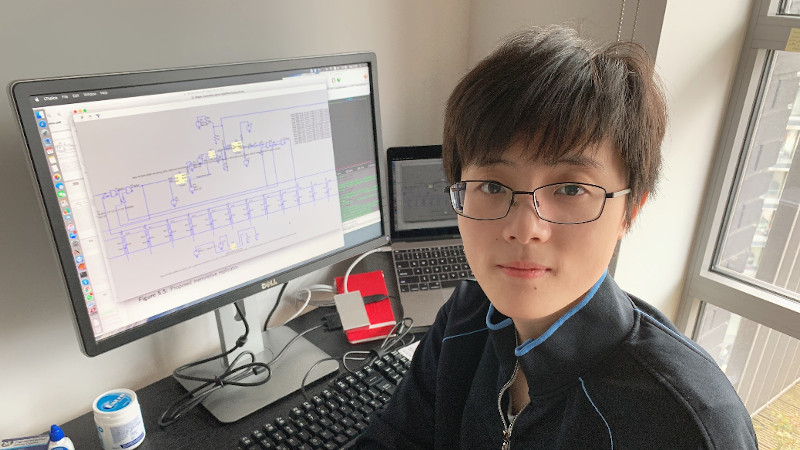The innovative research carried out by this group has generated the highest number of patentable IP within the University.
- Patent No. GB1905392.5 embodies a highly innovative method of encoding, decoding and locking data into a single memristive device for applications in security and authentication. Patent No. GB1616837.9 embodies an innovative chemical sensor architecture for sensing and ‘memorising’ the sensed data, while Patent No. 10860291 embodies a novel memristive hybrid multifunction logic architecture that allows fabrications in 3D, while being applicable at higher frequencies than possible with traditional technologies. Other inventions include significantly improving reliability of chemical sensors by minimising the effects of process variability in a highly predictable manner (Patent No. GB1914221.5).
- In fault and error tolerance in electronic hardware design, the group’s research has led to innovative error correction codes applied to error and attack mitigation in electronic hardware (Patent No. 20140229786, 9645886).
- The research carried out by this group in synthesising and optimising logic circuits from its polynomial description led to an innovative graph-based technique, known as GfXpressTM, that can optimise circuits nearly two orders of magnitude better than industrial tools (Patent No. 9223917, 20110010141).
/arcos-03.jpg)


/arcos-04.jpg)
/arcos-05.jpg)
/arcos-06.jpg)